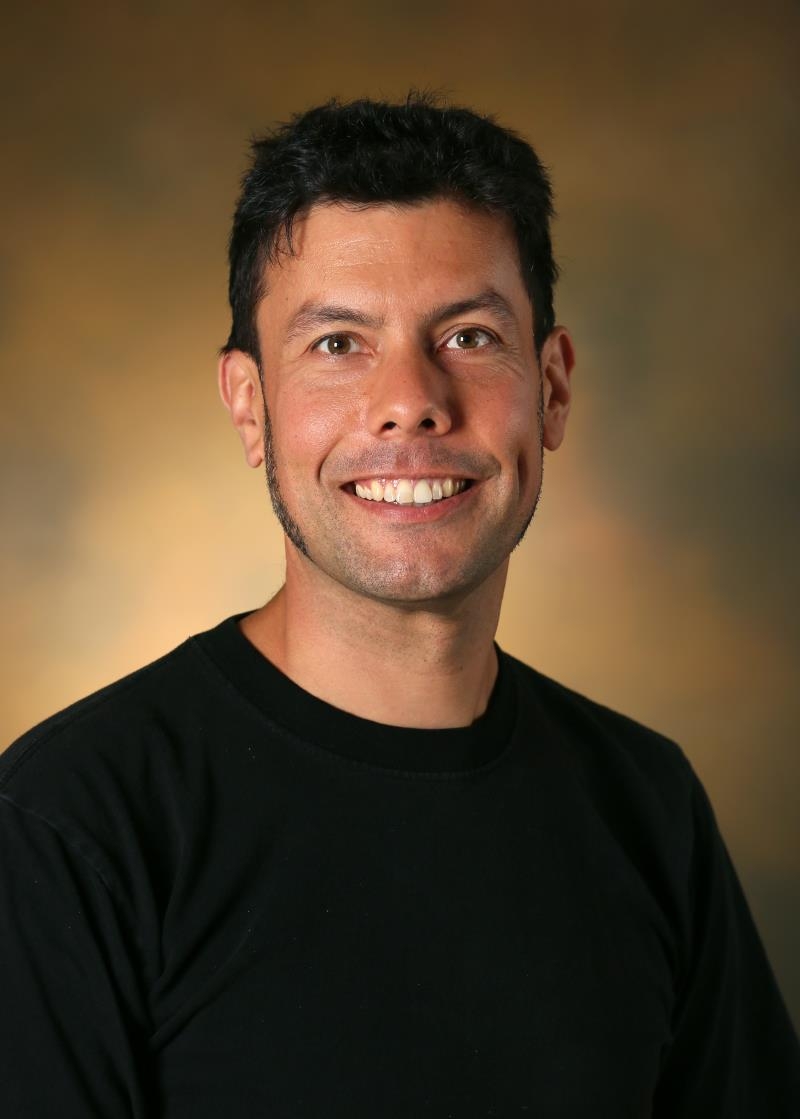Raymond Blind earned his PhD from the New York University School of Medicine and completed postdoctoral training at the University of California, San Francisco, where he conducted research on lipid signaling in the cell nucleus. He begins his independent research program in the Department of Medicine at Vanderbilt where he and his group will expand on many of his discoveries in lipid structure and function.
Dr. Blind's work uncovered the structure of nuclear protein/lipid complexes at atomic resolution and introduced an intriguing new mechanism used by lipid signaling enzymes to regulate transcription through the nuclear receptor superfamily of transcription factors. He has also contributed to ongoing efforts in academic and industrial settings to chemically regulate nuclear receptors using synthetic small molecules. Most lipids exist in cellular membrane systems, but lipids in the cell nucleus are found littered throughout the nucleoplasm, most likely complexed to proteins that regulate nuclear events such as transcription. Since the discovery of nuclear lipids several decades ago, there have been numerous questions involving their function, regulation, and ways in which dysregulation may contribute to various pathologies important in human health.
The Blind Group at Vanderbilt will continue these studies to determine the role of nuclear lipids in chromatin biology, to uncover new mechanisms of lipid-dependent transcriptional regulation, and to develop new therapeutic compounds that target the unique enzymology of nuclear lipid signaling enzymes. This work will yield important insights into how cells function and will have directly translatable utility in biomedical applications focused on diabetes and cancer.
The Blind Lab is interested in the molecular design principles of life. To this end, lab researchers are focused on exploring the structure, function and signaling properties of non-membrane nuclear lipids. The group uses genomics, discovery biochemistry and structural biology to determine what role these small signaling molecules play in nuclear biology.
